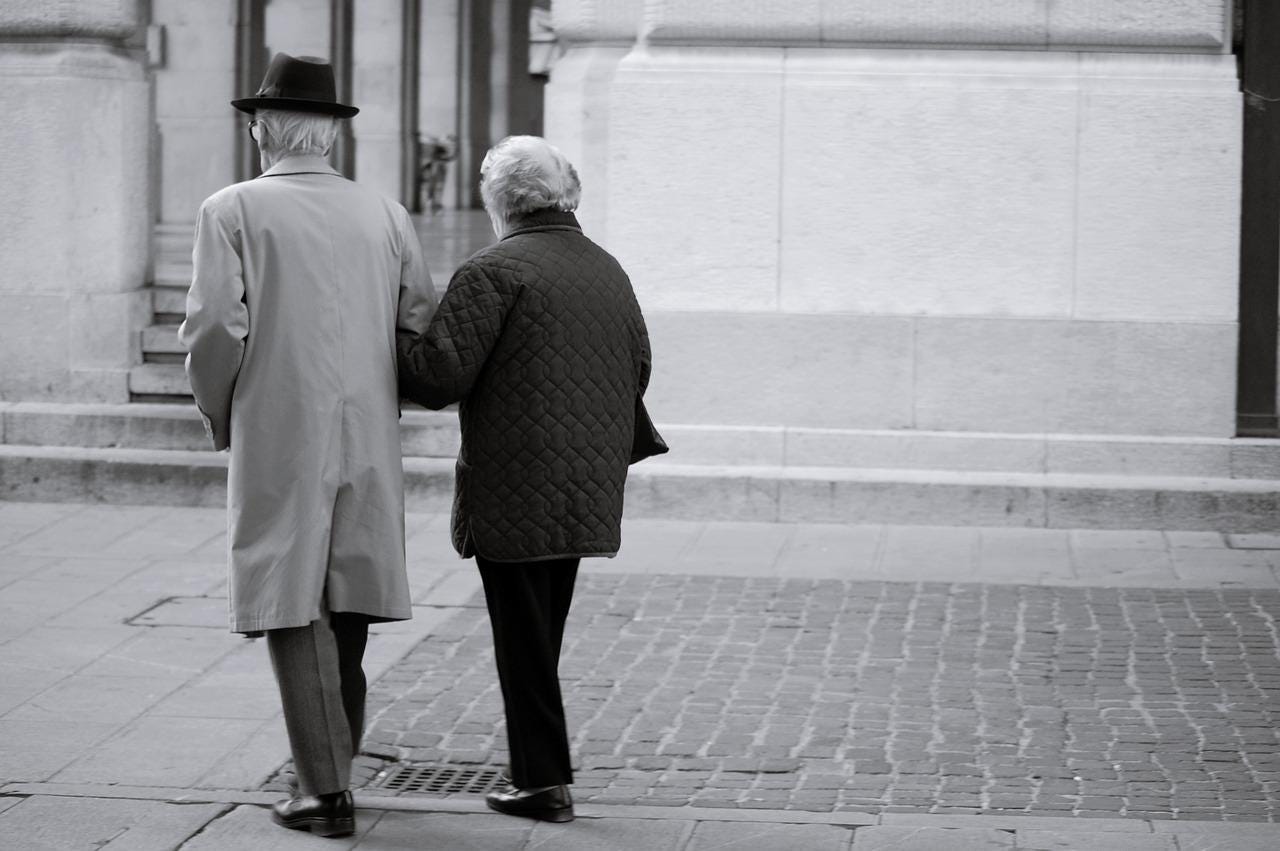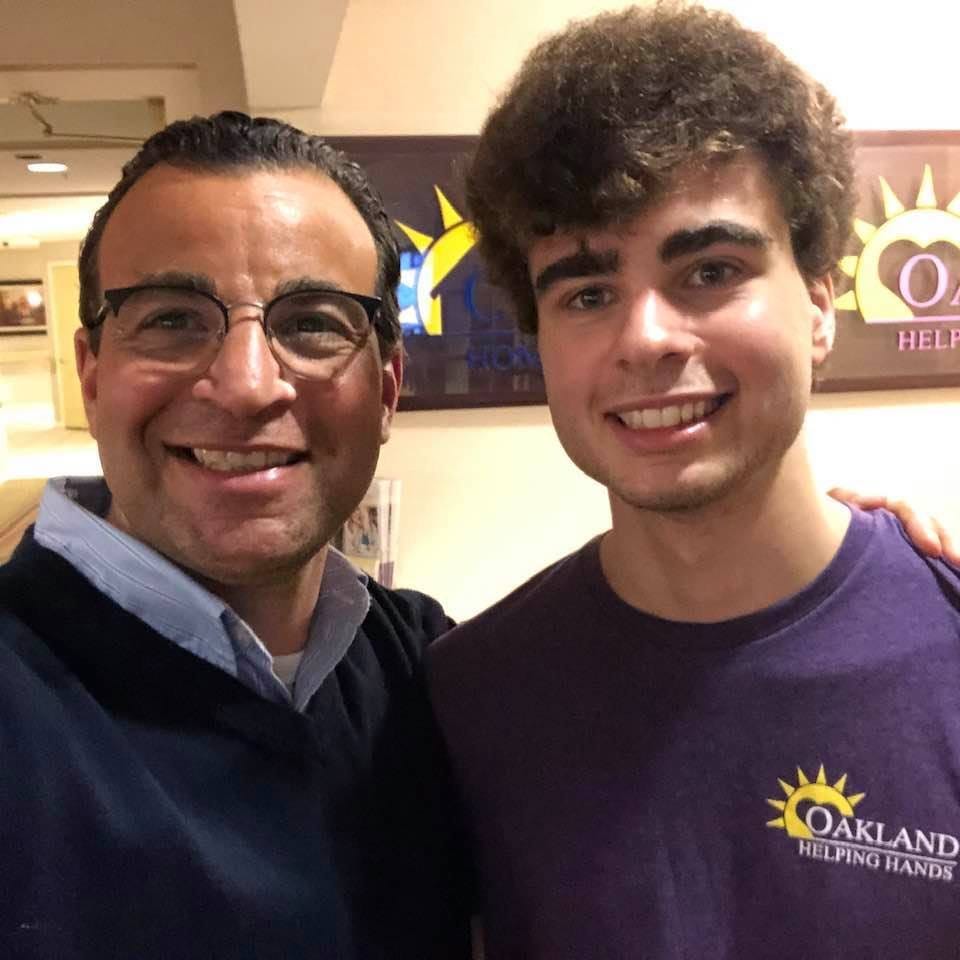
Note: This section is about how Americans in general perceive the pandemic; I am not referring to any one person or the authors of the GBD. It is intended as a preface.
Caring for suffering ought to make us more human. As someone who has been chronically ill most of their adult life, I try relentlessly to derive lessons from it and not let the hurt mean nothing. So it is to my deep disappointment that COVID-19, a disease which killed hundreds of thousands of Americans, has become a petty culture war issue.
How did this happen?
For a clue, look abroad. At the start of the pandemic, different nations took different paths. Sweden–now mythological in our COVID debates–adopts a more lax approach of focusing protection on the elderly. It fails, with for example Stockholm losing 7% of nursing home residents to the virus within half a year.
I’m not judging (since we failed too). I’m really interested in the response. The people in the countries surrounding Sweden seemed horrified, whereas a large majority of Swedes approved of their public health strategy. Internationally, some of the public health community has levied deep criticisms of Sweden, while the country finds itself with a fair number of fans.
Of course, when people outside your country who never even hear about the deaths through word of mouth seem to care more than you, the concern is principally an abstract one. Not for everyone but certainly for the bulk of commentators.
I watched this abstraction take hold of my own country. I worked between senior living centers in Michigan at the start of the pandemic, and one of the buildings got hit very badly by COVID. My dad who is an NP there and elsewhere came home and told me people were dying left and right; he was facetiming devastated families after work to tell them.
At the same time the culture war was raging overhead. Donald Trump and his advisor Scott Atlas were saying that people should rise up and liberate Michigan (1, 2). Several would-be terrorists plotted to kidnap my governor. And there were small things, like how my aunt had to battle with our small Christian highschool to get them to follow basic COVID safety protocol. It seemed like the immense suffering that this virus was causing took a backseat to the exhausting political fanfare which so often characterizes the United States.
Again, how did this happen?
I’m coming to realize that the answer to this question is that for most of us, other people’s suffering exists primarily as an idea. It is a rapidly fleeting concept. This is true in normal times, but it is surreal during a pandemic. And at this late stage in the discourse, it is more evident than ever that few readers are interested in the actual events as they happened.
I’m not here to downplay the externalities of our response. My mental health collapsed like a stack of cards in the early pandemic, leading to some unfortunate decisions and profound dysfunction. Yet I knew I wasn’t the only one suffering. I saw people every day who if they died, only their immediate family would know or care. I tried to keep them in mind as our culture obsessed with having a take on everything debated endlessly whether what we were doing to curb the virus was necessary.
Two years later this debate is apparently still going. The problem of detachment has gotten worse and worse, to the point where the actual events are for most people a sort of origin myth with fuzzy edges. And I want us to stop seeing them like that. Because I don’t think it’s right to honor all those people we lost by vaguely gesturing at pasts they didn’t exist in and coming to no conclusions about why they’re gone.
In this essay I make a simple, grounded case drawing on my experience with experience and research on COVID. My arguments are many and thus laid out in several parts, but there are two broad themes. The first is that the lockdowns were fairly rational and effective given the information available to states at the time. The second is that the alternate idea of focused protection was not a sound plan for the United States.




